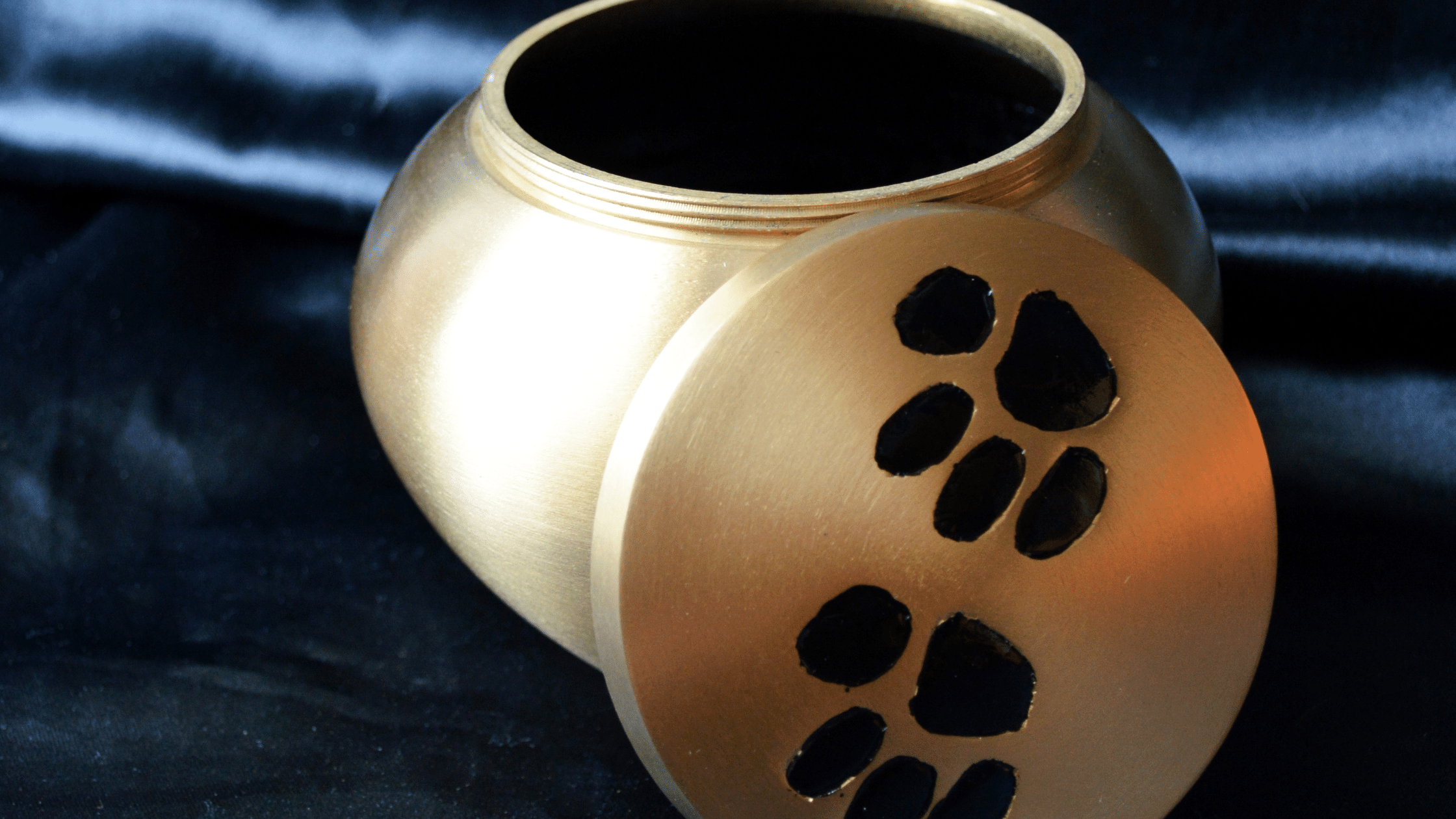What’s Next for Pet Death Care?
Thanks to Connecting Directors contributing author Eric Pereira for this article.
Pet cremation and memorialization is one of the fastest growing markets in the U.S. and Canada, and according to the International Association of Pet Cemeteries and Crematories (IAPCC), this niche of deathcare shows no signs of slowing down.
Pet deathcare today
Donna Shugart-Bethune, Executive Director of IAOPCC, said there has been “tremendous growth” in all venues of pet death care.
“People view their pets as their family members and want to take care of them,” Shugart-Bethune said. “The whole sector of pet aftercare in every single market has definitely grown over the last 10 years.”
Today, the IAOPCC has 300 members in 15 countries worldwide, including countries like Australia, China and France. Members include businesses that exclusively serve animals and human funeral homes that care for animals as well. CANA Executive Director Barbara Kemmis said they have 70 members in their directory offering pet cremation service.
Shugart-Bethune anticipates a lot of growth in the way pets are memorialized. This can include paw prints, laser-engraved nose prints and even placing small portions of cremains inside crystals. She mentioned biodegradable urns as well as salt and gelatin urns to take to the water.
Shugart-Bethune’s employer, Deceased Pet Care in Georgia, offers all of these options. They have been in business for 49 years and have three different locations. They have provided services to all types of animals, from tigers to goldfish. With the Atlanta Zoo close by, they’ve held private cremations for beloved animals like Willie B. the gorilla. Deceased Pet Care also donates memorial services to K9 officers from all over the state.
Opportunity to expand
Some human funeral homes have found animal death care to be an opportunity to build new bridges in their community. Thomas Bishop, Pet Crematory Manager at Parsell Funeral Homes in Delaware, said they expanded to animal services in the early 2000s.
“We started getting people that would ask for it,” Bishop said. “We also have an animal hospital that’s close to us, they’ve grown and grown. So, we’ve grown with them. They’re a majority of our business also.”
Bishop recommends other funeral homes get into this sector as well. Funeral homes offer more visibility into the process when compared to utilizing pet crematory services through veterinarians. Families appreciate not having that mystery.
He also mentioned the term “Segregated Cremation” is being used over “Individual Cremation,” since multiple pets are normally in the cremation machine. That information is disclosed to their clients, Bishop said.
“What I’ve seen in the short period of time that I’ve been here is the industry coming around to private cremation, just one pet at a time,” Bishop said. “And that’s what I think funeral homes do the best.”
How to get involved
Funeral homes can expand into pet care through the Certified Pet Crematory Operator Program – a partnership program between CANA and IAOPCC.
This collaboration is designed to ensure that business owners and their employees have the most current crematory operations training available in the market today.
The latest opportunity offered now is Pet Bereavement Specialist Certification Level 1, in which participants will learn valuable skills to successfully interact with pet families. Kemmis said they are developing more courses with IAOPCC.
“IAOPCC’s expertise in pet death care best practices has complemented CANA’s overall expertise in cremation,” she said. “I appreciate working with subject matter experts.”
Shugart-Bethune said IAOPPC offers the only pet crematory accreditation program worldwide.
“Pet crematories are evaluated against a pool of more than 250 standards that represent the best practices in pet cremation care and pet crematory management,” their website reads.
“There’s a big shift in the cultural mindset of how we look at our pets, they’re much more part of the family, they’re much more members of the family…pet parents want to take care of their pets the way that they do with other family members,” Shugart-Bethune said.




